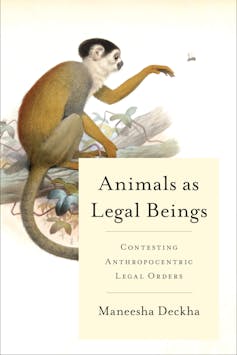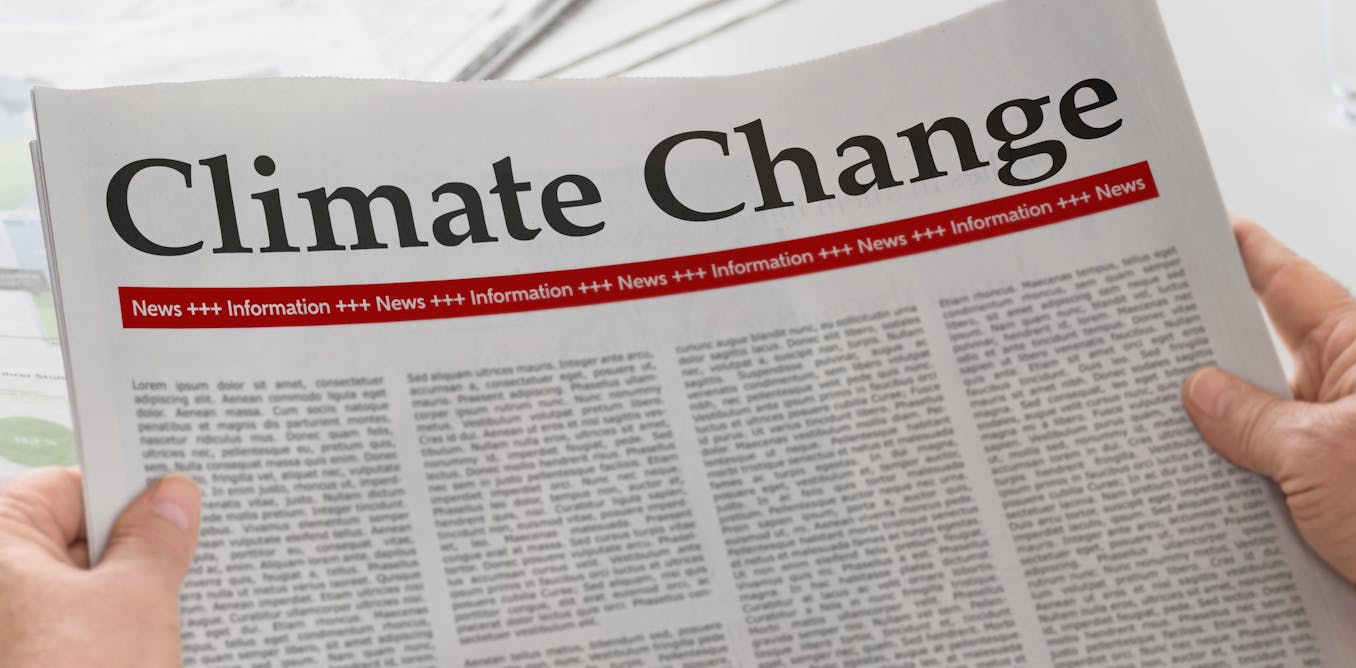Most people think countries like Canada have strong animal protection laws, but it doesn’t. A case in point is the unfolding tragedy-in-the-making at Marineland.
Facing economic ruin amid waning public acceptance of whale captivity, Marineland has threatened it will euthanize its remaining 30 beluga whales unless the government provides emergency funding for their care.
This ultimatum follows the federal government’s recent denial of Marineland’s request for an export permit to ship the belugas to a large theme park in China. Fisheries Minister Joanne Thompson denied the permit due to concerns that the belugas would be used for entertainment — a fate now illegal in Canada since the 2019 ban on capturing cetaceans for display.
The 2019 federal legislation banned bringing new cetaceans into captivity, subject to a few exceptions. Ontario passed a similar law in 2015. However, the cetaceans who were already in captivity were not included, effectively preserving Marineland’s property rights over its remaining animals.
Read more:
Marineland’s decline raises questions about the future of zoo tourism
But with changing public attitudes, Marineland now has a deteriorating facility and expensive care on its hands for animals it can no longer use to turn a profit.
The threat to kill the belugas as a solution to its economic woes, while shocking, reflects the ethical emptiness of the Canadian legal system when it comes to animals. Simply put, Canadian law still allows human and corporate owners to kill their animals because animals are legally treated as “property.”
The weakness of Canada’s animal cruelty laws
Marineland can carry out its “euthanasia” so long as it doesn’t run afoul of tepid anti-cruelty laws, which are poorly enforced, as demonstrated by Marineland’s history.
Animal advocates have long argued that captive and socially deprived animals at Marineland have suffered for decades. A 2012 Toronto Star investigation series brought overdue and much-needed public and prosecutorial attention to the park, resulting in more than 200 visits by provincial inspectors since 2000.
THE CANADIAN PRESS/Chris Young
Even so, since 2019, 20 whales have died in Marineland’s care. The park has only been charged with animal cruelty a handful of times, and all of those charges were eventually dropped. Other complaints to Animal Welfare Services, the provincial body responsible for the enforcement of anti-cruelty legislation, have largely gone nowhere.
In fact, anti-cruelty charges against Marineland have only gone ahead twice: once in 2021 regarding water quality for the cetaceans and once in relation to its care of black bears in 2024.
The dearth of legal sanctions for Marineland, and its ability to hold the lives of its belugas as a bargaining chip, highlights the need for a legal paradigm shift.
But it’s not just the interests and needs of whales that are at stake here. Other animals matter, too, not least the non-cetaceans still at Marineland and the animals trapped in farms, labs and zoos.
Challenging human exceptionalism

(University of Toronto Press)
As I’ve written at length in my book Animals as Legal Beings, we need to displace the human exceptionalism that characterizes our laws and shapes our relationships with all animals — even dogs, cats and other companion animals.
This means rejecting the idea that humans are superior and animals are merely “property.” It also means valuing and respecting animals enough to stop their immense suffering in captive industries.
Eliminating human exceptionalism would dramatically reshape society by calling for structural changes to our economy, laws and daily practices. But it would benefit all of us.
Now, more than ever, we need to see the links between the dismal legal treatment of animals and other social issues. As I have also written about, human exceptionalism in the law undermines efforts to surmount sexism and racism because all of these systems depend on devaluing animals.
Human exceptionalism is also incompatible with reconciliation and decolonization, which require respect for Indigenous worldviews and laws. Many Indigenous legal orders view animals as equals, kin and beings with their own intentions, families and life purposes.
Keeping belugas and other animals in captivity disavows animal autonomy and devastates animal families. The suffering of captive animals is part of a broader failure to see animals as fellow beings with their own rights.
Protecting animal lives
Human exceptionalism is at the heart of climate change, biodiversity loss, ocean warming and other planetary health crises. The same extractive logic that drives industrial pollution, deforestation and climate destruction also governs how we treat animals.
While whales in the ocean have it better than the belugas still enduring captivity at Marineland, all animals — no matter where they live — are unjustly harmed by a social and legal system that privileges human and corporate interests and runs roughshod over the interests of non-humans.
The belugas and other animals at Marineland deserve to live. A legal system that allows them to be killed because it is economically convenient is one that needs to change. It’s not the belugas that should be euthanized, but rather the human exceptionalism that continues to drive Canadian law and policy.
We can transition away from this outdated and harmful worldview toward a future that views justice and compassion from an interspecies lens and will uplift us all.

The post “The fate of Marineland’s belugas expose the ethical cracks in Canadian animal law” by Maneesha Deckha, Professor and Lansdowne Chair in law, University of Victoria was published on 10/26/2025 by theconversation.com






































Leave a Reply